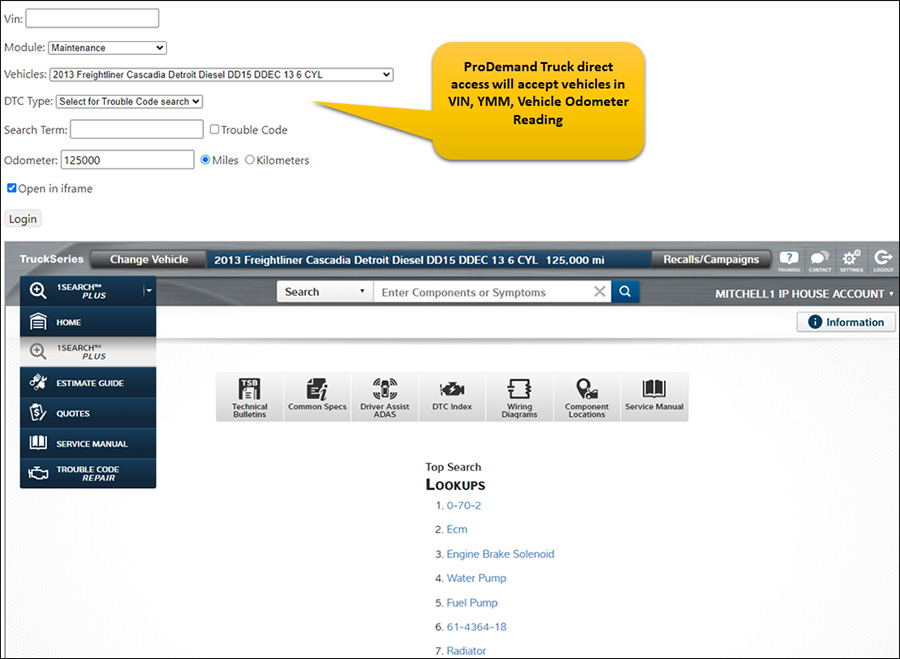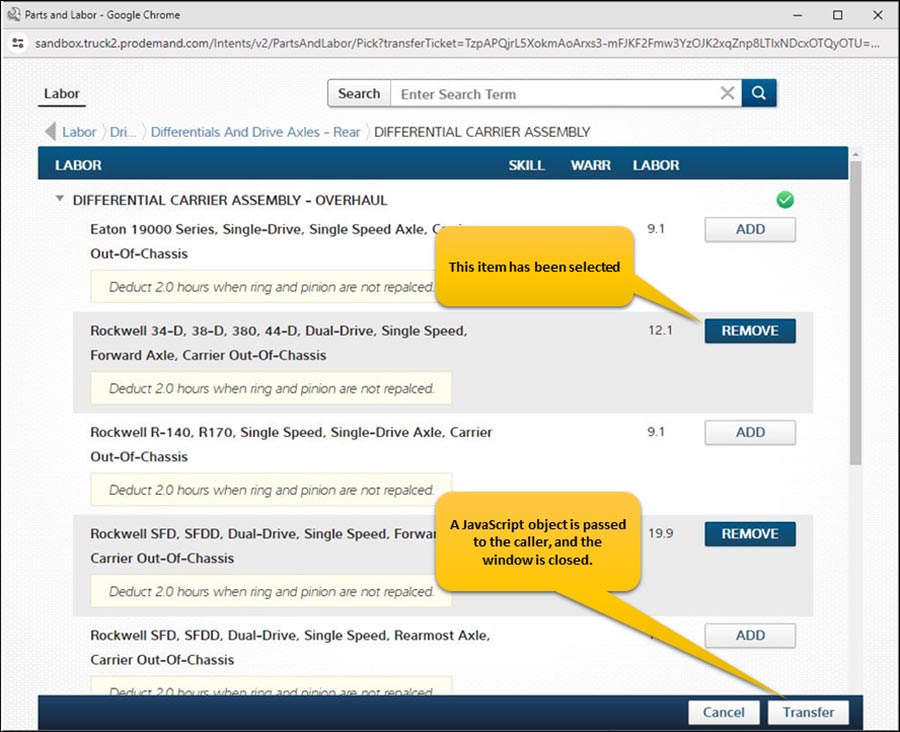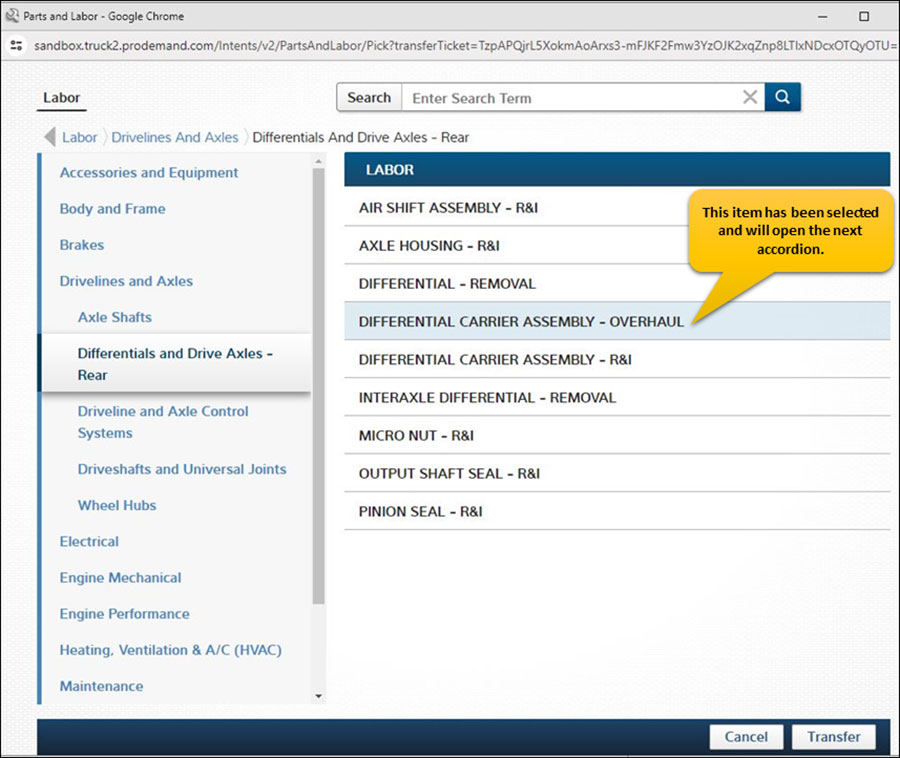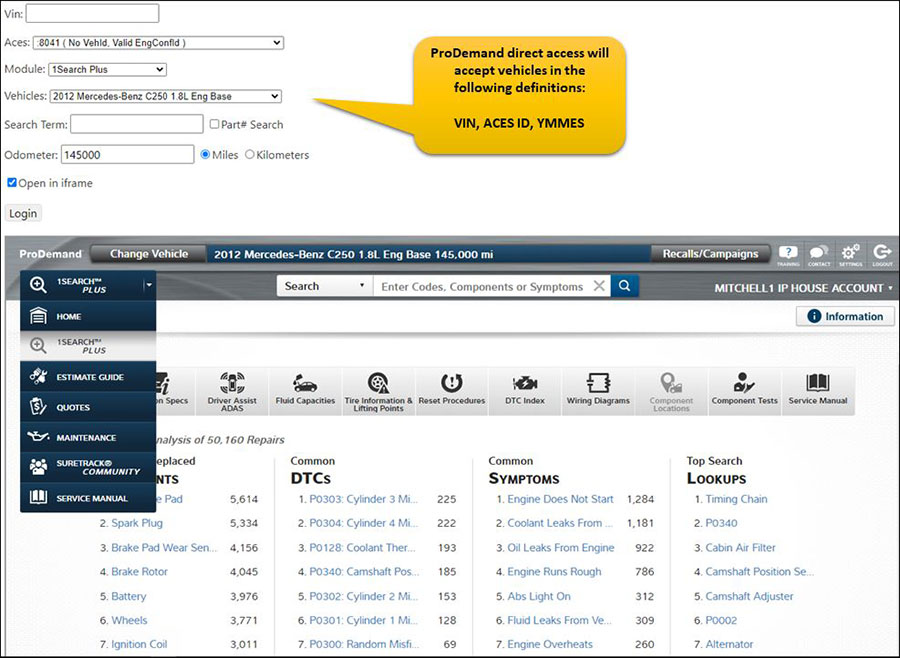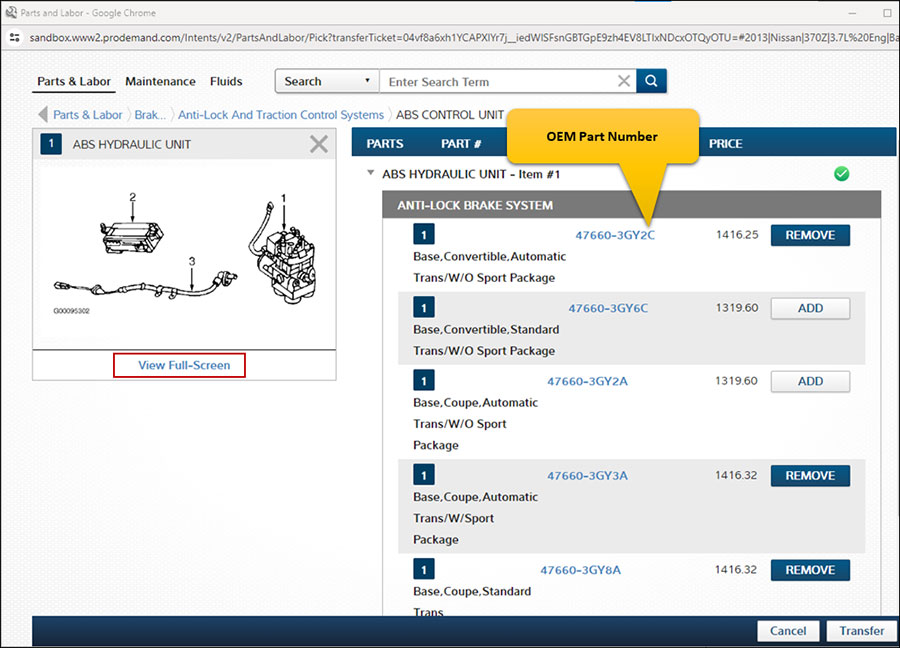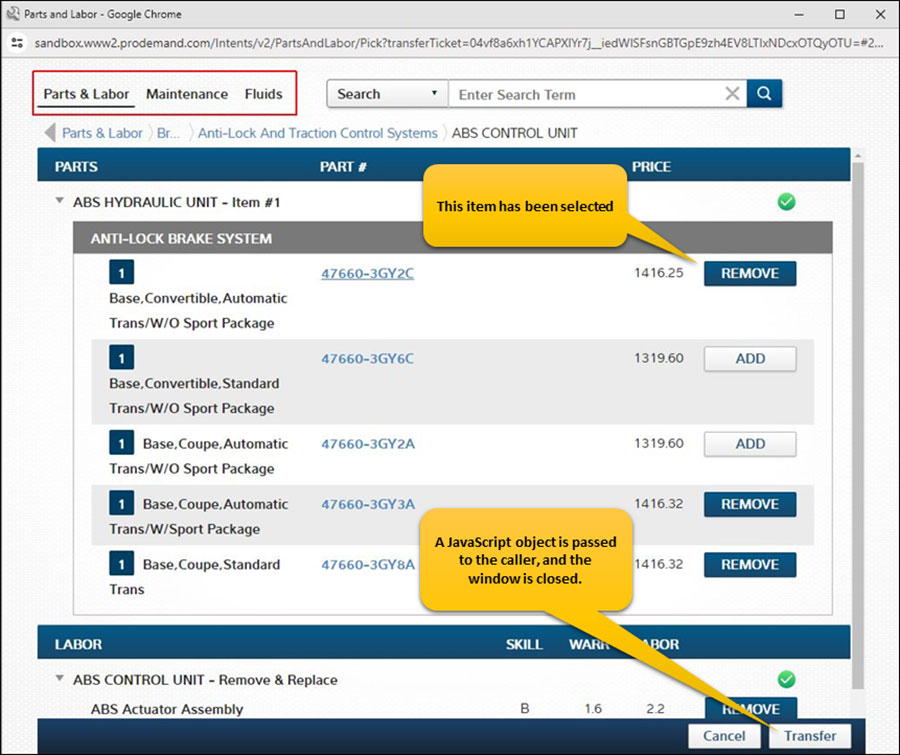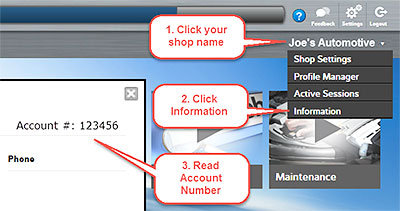 We all have our favorite task. To some it may seem odd to think of having a favorite job to perform. Nevertheless, we all have some particular task or type of work that brings us the greatest satisfaction.
We all have our favorite task. To some it may seem odd to think of having a favorite job to perform. Nevertheless, we all have some particular task or type of work that brings us the greatest satisfaction.
On the other hand, there is also a least favorite in our catalog of things to do — or in this instance, things not to do.
Back in my technician days, I experienced great personal satisfaction in overhauling an automatic transmission and having it operate properly when completed. But spending time diagnosing obscure problems and what caused them seemed tedious and appeared to provide little payback, either personally or financially. What I didn’t realize at the time is that the diagnostic skills I was gaining were actually the most valuable for my future, and also helped the shop to provide better service.
Today, I get more satisfaction out of determining how to resolve a problem than actually doing the work to fix it. My favorites may have shifted, but a hierarchical order of my favorites continues to exist. So why do those favorites even matter?
The unique favorite and least favorite tasks held near and dear by everyone in the shop are critical to fleet maintenance. People tend to do what they enjoy, and avoid what they do not. That shouldn’t be an epiphany for anyone. Granted, we will do the things we consider drudgery, but we probably don’t relish that work and avoid it if possible.
So, as a technician I know what I like and dislike, and I maybe even have a general idea of the favorites of the other technicians in the shop. Could it be that we reveal our preferences not just by expressing our opinion, but also by what we actually do?
How we individually approach a task is in part going to be driven by whether or not we enjoy or dislike the job. Fleet management software programs that incorporate VMRS (Vehicle Maintenance Reporting Standards) can prove immensely beneficial in monitoring the work being done. VMRS makes it possible to record the complaint, cause, and correction. Consequently, over time a fleet can observe what sorts of problems are happening to its equipment as well as the corrective actions taken.
An underlying advantage to detailed reporting with shop management programs is the ability to track the distinct tasks performed by individual technicians. This information can help the shop in a couple of ways.
First, the recorded technician work can be used to determine the most efficient approach to developing issues across a fleet in multiple shop locations and through the cost and effectiveness of the repair over time. Sometimes fixes that end up being attractive to the technician are quick and easy but may not resolve the issue for long.
Second, accumulated analytical data about vehicle issues can help the shop manager understand the bigger picture as to what is bringing vehicles into the shop. Failure patterns can be used to dig deeper into the operating conditions that could lead to making changes in how the vehicle is operated or determine if the vehicle equipment properly matches the operating conditions.
The bottom line is we all have our favorite jobs to do, but ultimately we need to take a step back and determine if that favorite approach is actually the best approach. We might even discover that finding solutions is the most fun of all.
